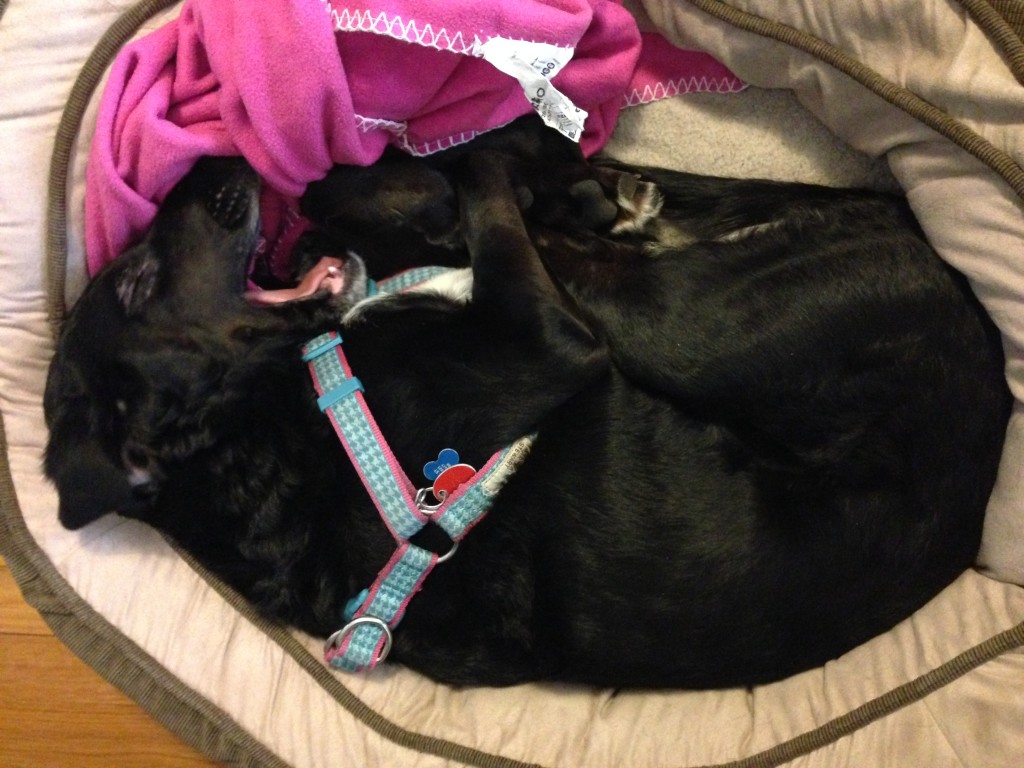Cancer-related fatigue…what is it?
I’m a physical therapist at a large, urban hospital, and while far from an expert in the field, I often see patients who have been affected by cancer. Some I see just after they’ve been diagnosed and have just undergone a significant surgery to remove a tumor before starting chemo or radiation. Others I see during their cancer treatments, who happen to be in the hospital for a completely unrelated reason. Still others I see long after they have been diagnosed and treated, but who may still carry deficits from their treatments or surgeries.
The first topic I wanted to discuss is cancer-related fatigue (CRF). It is very common and studies have found that it affects 59% to 100% of patients with cancer. This is fatigue that is out of proportion to what you’d expect from doing a certain activity. Something that may have been easy before being diagnosed or before starting chemo treatments, might now be very difficult and taxing.
The causes are not clearly understood, but can be attributed to many different influences, which I would like to outline in this post. I will follow up soon with a post on strategies for combating this fatigue. Here are some of the things that can cause cancer-related fatigue…we call them contributors in the medical world.
Therapeutic contributors (ie, side effects of the cancer treatments):
- chemotherapy: symptoms can last 3-4 weeks after treatment stops, if not longer
- radiation therapy: can cause fatigue that increases with each subsequent treatment; again, can last at least 3-4 weeks after treatment stops
- bone marrow transplant: can cause fatigue that lasts up to a year after initial treatment
- biological therapy
Other contributors:
- anemia: certain blood counts, such as a person’s hemoglobin or hematocrit, may be decreased by chemotherapy, which can cause feelings of fatigue; 7/10 people undergoing chemotherapy may develop this
- combination therapy: undergoing more than one treatment at the same time (ex., chemo and radiation) may increase CRF
- the tumor itself: the tumor takes nutrients from the body, at the expense of normal, healthy cells; this can result in weight loss, decreased appetite, increased fatigue
- decreased nutrition: chemo and radiation can have side effects of nausea, vomiting, mouth sores, taste changes, heart burn, and diarrhea, making it difficult to maintain proper nutrition during this time
- hypothyroidism: can occur if lymph nodes around the neck are undergoing treatment; having low thyroid function can increase fatigue
- medications: some medications used to treat the side effects of treatments can increase fatigue
- stress, pain, insomnia, depression: all of these can be related and contribute to overall feelings of exhaustion or fatigue
- attempting to maintain a “normal” lifestyle: by trying to keep up the same pace a person was enjoying prior to diagnosis or treatment, they may be overexerting themselves and increasing their fatigue levels
The point I want to stress is that cancer-related fatigue is a very normal and common condition (up to 100% of patients with cancer report experiencing cancer-related fatigue). There are even strategies that can be implemented to address cancer-related fatigue, which I will get into with my next post!







